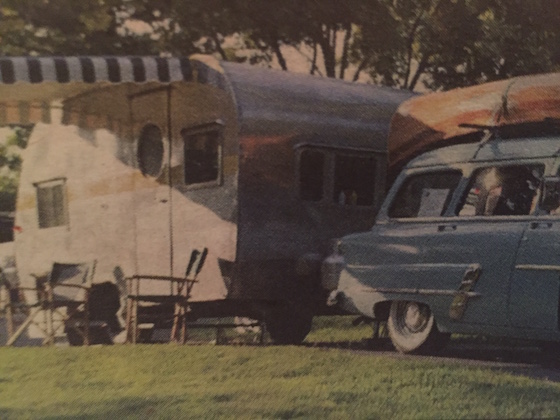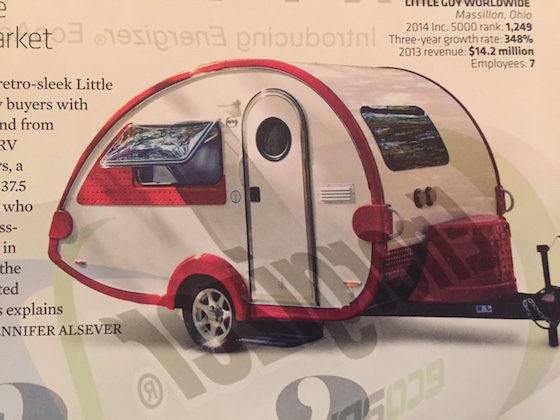It is evidence of the RVs iconic membership in American culture that many classic car shows and events now include RV entries. In one recent car show, we noticed more of a crowd looking at the RVs than the cars. Why are RVs becoming “hot” at car shows?
Something new to the car show circuit
RVs are a new entrant at classic car shows. There’s always something attractive to being the new kid on the block. Of course, the reason that classic RVs are showing up is that people are interested in them and they have a long history in American culture and a particularly tight relationship with the automobiles that pulled them. They were also popular items in the top-tier eras of car enthusiasts, namely the 1930’s through the 1960’s.
More rare than most automobiles – by far
Most classic car enthusiasts are attracted to rarity. That’s what gives certain cars their value. The most valuable cars in the U.S. are the ones that are the only known example in existence, such as prototypes and cars that never went into full production. But RVs are even rarer than most cars, as there were far fewer produced and even fewer still in existence. Think about the last time you saw a classic 1940s RV on the road. How about a ’57 Chevy? I bet you see a lot more of those classic Chevy’s.
High values in today’s collector’s market
Perhaps pioneered by Airstream collectors, the values for classic RVs is extremely high. Some Airstream models from the past – decades old – sell for $50,000 and up. These prices are right in line with expensive collector cars. So these RVs have earned respect at car shows because they are the same cost or higher.
Difficult restorations that are worthy of respect
Most car enthusiasts are all about restorations, particularly painstaking “frame-off” ones. This brotherhood of restorers extends to classic RVs. In fact, doing an RV restoration is even harder than most cars. Sure, the RV does not have an engine or transmission to worry about. What they do suffer from a near complete lack of parts and extensive interior work required. Also, most are made of wood which requires the same level of play as restoring a “woody” automobile.
Affordable entry cost if you have the time to put in the work
Unlike most collector cars, the antique RV market is still relatively new and unappreciated. You can buy classic RVs at rock bottom prices (with the exception of Airstreams), often in the hundreds of dollars requiring complete restoration. And since there are few folks who restore RVs – unlike cars – you are going to have to do the work yourself.
Conclusion
If you are interested in classic RVs, check our local and regional car shows. You will find more and more RVs at these events. And if you want to see a huge number of classic RVs in one place at one time, check out the MH/RV Hall of Fame and Museum in Elkhart, Indiana. It’s the nation’s first automobile-style museum devoted to RVs. But even at some car museums like the Peterson Auto Museum in Los Angeles, you’ll find some RVs. They are becoming a mainstream addition in the collector car world, and deservedly so.



